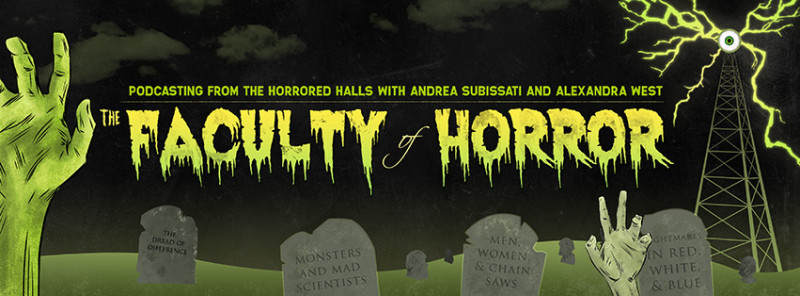New England is often considered the birth place of modern America. When the Puritans founded Plymouth Colony in 1620 they couldn’t have known it would become the bedrock for many of the issues Americans still face today. Sam Levinson’s Assassination Nation, uses its Salem, Massachusetts setting to highlight how little has changed from the uptight, morally corrupt commune that began America (even though it began with the best of intentions). Assassination Nation’s lineage lies in the works of American literature such as Nathaniel Hawthorne’s The Scarlet Letter (1850) and Arthur Miller’s The Crucible (1953) updating it to contemporary times and with just a smidge more violence.
After working through the New French Extremity in my spare time, I often wondered if we’d ever get a New American Extremity because while America has never been a peaceful country, it certainly likes to pretend it is and any violence is the product of defending its civil liberties. The Purge franchise is probably the closest we got until this past year. Since 2017 we’ve seen Tragedy Girls, Revenge (made by a French director), MFA and now Assassination Nation all bloody, funny, tragic and deeply indebted to the female experience, confronting the gender’s treatment in the films of yesteryear and re-appropriating said treatment for a modern film-savvy audience. As we still grapple with all the #HotTakes on the #MeToo movement, the bulk of the work still falls on the survivors while the majority of public figures pay lip service to the movement but are unwilling and/or unable to take a meaningful stand. This duality is at the core of a national and international dialogue, where do our moral boundaries lie and how do we defend them?
Assassination Nation tells the story of Lily (Odessa Young) and her BFFs Bex (Hari Nef), Em (Abra), and Sarah (Suki Waterhouse) as they navigate the politics of high school and sexuality in a modern age of having multiple identities through multiple lenses. While these young women are living within the confines of society, the film articulates in a variety of ways that social media plays into it allowing for a variety of truths and posturing. As the private information of the town is hacked, the residents become more desperate for answers as the dark secrets and shitty assumptions of the town are brought to light while Lily and her friends become the primary target for the town’s unfiltered anger.
With only one previous film directing credit to his name (Another Happy Day, 2011), Sam Levinson proves himself to be a filmmaker who can create controlled chaos in the midst of a searing line of focus through a rambling narrative which feels fresh, if not a bit preaching-to-the-choir. The first third of the film establishes the frenetic and frenzied feeling of creating and maintaining a variety of lived realities in ways that feel completely, overwhelmingly and almost joyously cinematic. By establishing this mise-en-scene early on – we are given short-hand with which to understand some of the characters and some establishing narrative threads. From there the film updates the ideation that Hawthorne and Miller warned us about, that prejudice and high-minded morality around the notion of sin are performative rather than malleable. The third act, which has lost some people, descends into a violent female film fantasy. After decades of consuming violent cinematic male fantasies, Assassination Nation utilizes its protagonists and antagonists pushing them to the extremes to tell a story about our base impulses through, once again, a highly cinematic lens. By pushing its visual styles to the extreme, Assassination Nation puts some (semi) diverse female traumas and truths on screen by allowing characters who usually have no access to participation in this kind of genre ending to take up space within it with agency allowing them to reach a fantastical catharsis.
Is Assassination Nation the most perfect film ever made? No. However, its sheer ambition and willingness to take risks keeps it relevant. When unspoken truths are blasted through a movie screen it doesn’t make them easier to swallow, it makes them harder to ignore.

